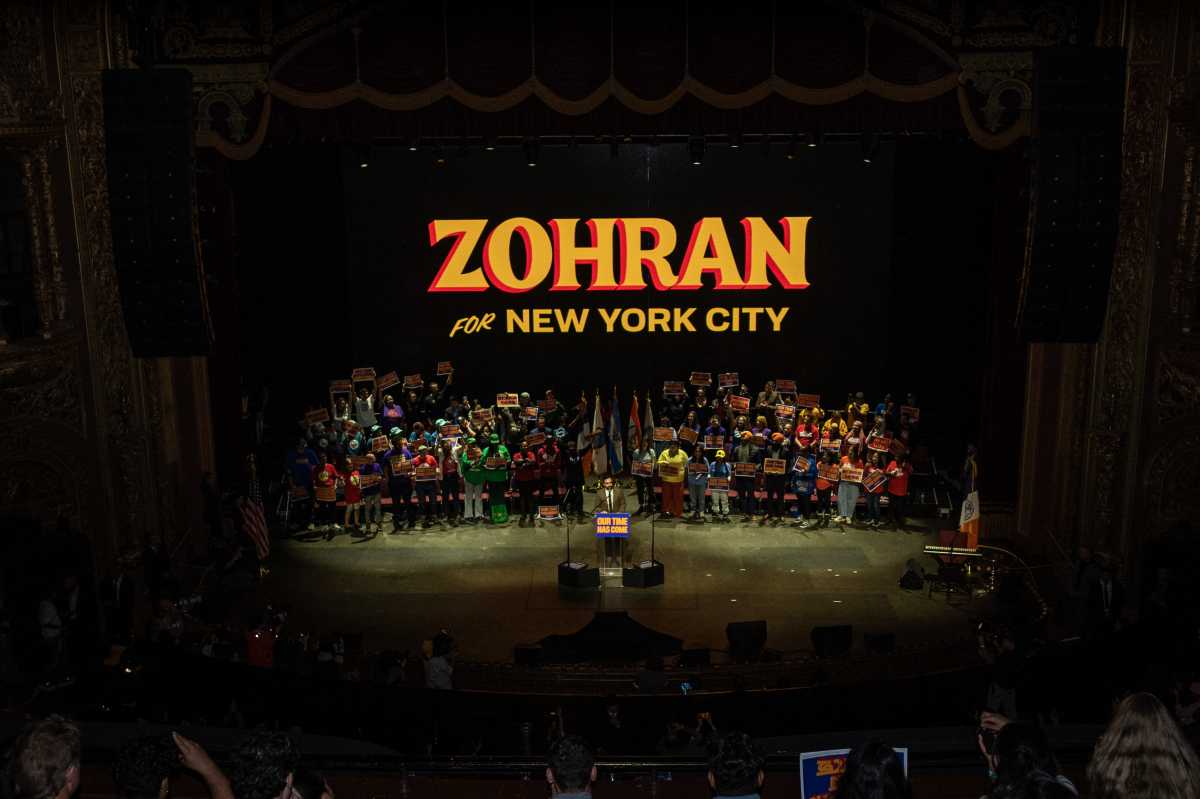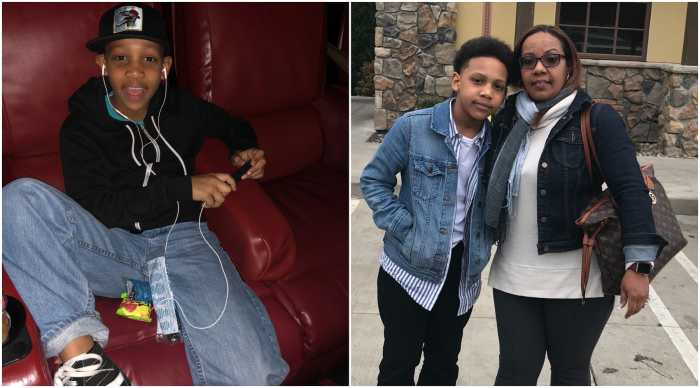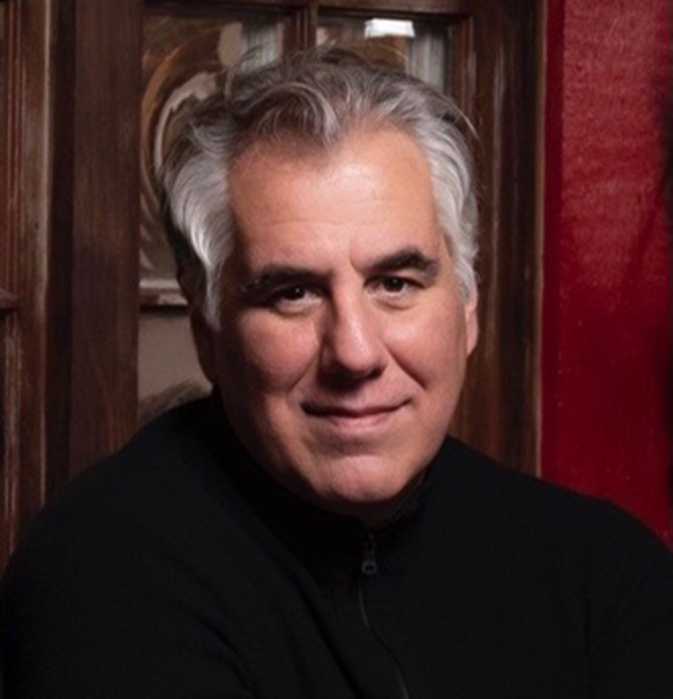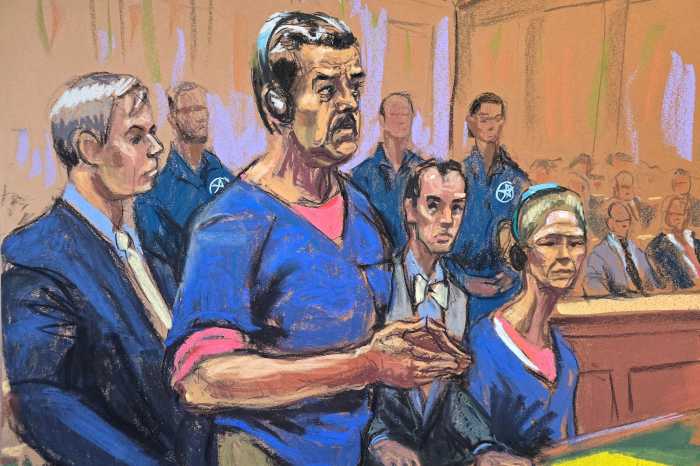The dust certainly won’t settle for quite some time. New York City’s mayoralty has been decided, but we don’t yet know if the Jewish community’s fears regarding Zohran Mamdani are truly warranted or not. That is, the fears that led many New York City rabbis to, amid some controversy, take to their pulpits to affirmatively urge their congregations to vote against him.
Without question, the rabbis who did so were extremely well motivated. Mamdani’s past commentary has uniquely presented an urgent — in the word of many, “existential” — concern for New York City’s Jewish population, the largest outside of Israel. Hopefully, the mayor-elect is being honest when he now says that it is his true intent, as mayor, to protect, “celebrate” and “cherish” New York’s Jewish population.
We will likely never know for sure how much influence those five boroughs’ worth of sermons actually had on the overall vote of the city’s Jewish population — they certainly didn’t impact the ultimate election result. However, never in recent memory has a particular population of New York City been so motivated against any single polarizing candidate. Meaning, how Mamdani’s sui generis radicalized commentary so troubled a significant religious population against him to encourage its clergy the way it did. With anti-Semitism at such a high point worldwide, New York City’s rabbinate felt the uncommon need to take to their pulpits with jeremiads directed against this perceived enemy of the Jewish people. After all, he has, so far, refused to even condemn the phrase “globalize the intifada.”
Looking back, oh how I would have yearned to be seated at a pew in the Ebenezer Baptist Church in Atlanta in the early ’60’s to listen to the Rev. Martin Luther King, Jr. preach. Not as a Christian — I’m a committed Jew. Rather as someone who would have wanted to absorb Dr. King’s inspired oratory about society’s compelling needs and observe the way he often employed the Bible’s teachings to impart them. And, of course, his lessons on how to live a morally driven life — invaluable for Christians, Jews and literally anyone.
Still, especially as Christian congregants listening to his preaching, how could any attendee possibly ignore King’s mesmerizing words had he also told them how to vote? The authoritativeness of King’s sermonizing would have been too imposing to resist. Reportedly, though, King was actually concerned at the time that if he did bring politics to the altar he might have jeopardized Ebenezer’s tax-exempt status (although he did tell his congregants in 1964 about the dangers represented by presidential candidate Barry Goldwater, who urgently opposed the Civil Rights Act).
Still, can’t one imagine the unique power of King’s words if, from his pulpit on Sunday morning, he ticked off which candidate(s) to vote for or against? Surely not every member of the clergy would have the persuasive impact of Dr. King. And it is the rare, committed congregant who would totally disregard the words of his or her clergyperson of choice when the clergyperson strayed from their comfort zone to say: I need you to be sure to do this and vote as I say, if only this one time! Indeed, many people who attend religious services typically do affirmatively want their clergyperson to have meaningful influence over them!
But suppose you don’t want the clergyperson to even seek to have that influence over you, or you don’t think he or she has the capacity to correctly give you that type of guidance. If you don’t like what the Fox or MSNBC network’s panel is telling you, it’s simple: change the channel. You don’t have to be stuck with their take on a pending societal issue or agenda, or even a particular candidate they’re pushing. The same, if you’re reading the editorial page or a particular columnist of the New York Post on the one hand, or The New York Times on the other. You don’t like what they’re putting out? Just turn the page. Or buy a different newspaper that essentially presents what you’d prefer to read.
What about, though, when your clergyman feels the need to tell you who to vote for? Not just an urgent admonition that you should exercise your democratic right, maybe duty, to vote — a thoroughly legitimate and totally worthwhile thing for the clergy to do. You undoubtedly don’t want to exhibit the disrespect of walking out on your religious leader. You’re essentially stuck there — in a venue that you attend for spiritual refreshment and reinvigoration — while the clergy expresses his view on the subject of electoral politics, which he is likely not particularly qualified to inform you about. You can’t turn the page or change the channel. Rather, you’re unwantedly stuck there for the duration while he preaches to you about whom he wants his congregation to vote for. Hardly his job or his duty.
Now, of course, it’s quite likely that inasmuch as you and the other attendees are his congregants and members of his immediate community, the chances are that you’re likely to be voting pretty much in sync with your clergy’s thinking anyway. And so, his effort at “electoral evangelism” (isn’t that what it really is?) won’t be impacting the votes of many in attendance. Still, just the mere sense of it.
And that’s what this is really all about. There is, indeed, a time and a place — and a person — everything. If you attend a local club or organization composed of your co-religionists and a guest speaker or even the organization’s leader proposes to persuade the attendees on who to vote for — by all means. Indeed, you probably belong to the club for precisely that purpose among others.
One doesn’t, however, typically join a church, synagogue or mosque to hear sermons that include voting guidance or what may even amount to “direction” depending on the persuasive power of the religious leader whom one might see as somewhat of a Heavenly representative to the congregant on earth.
Finally, I’m not here intending to stress concerns over the tax exemption issue. I’m talking instead of the religious leader’s proper role in the life of his or her congregants — nothing more. It appears that the “Johnson Amendment” that would threaten the tax-exempt status of a religious organization if it was used to promote or try to defeat a political candidate has literally just been relaxed by the current Internal Revenue Service. Noto bene, we all know, however, that the current Administration often radically changes its policies with a changing wind.
And while we’re at prayer, let’s say one for Mayor-elect Mamdani: may he show the needed judgment to comfort the public by putting, to the way distant past, his disturbing commentary about Jews and Zionism that has so troubled a significant portion of the population of the great city he will now govern.
Joel Cohen, a former prosecutor, practices white collar criminal defense law as senior counsel at Petrillo Klein & Boxer. He is an adjunct professor at both Fordham and Cardozo Law Schools.






































